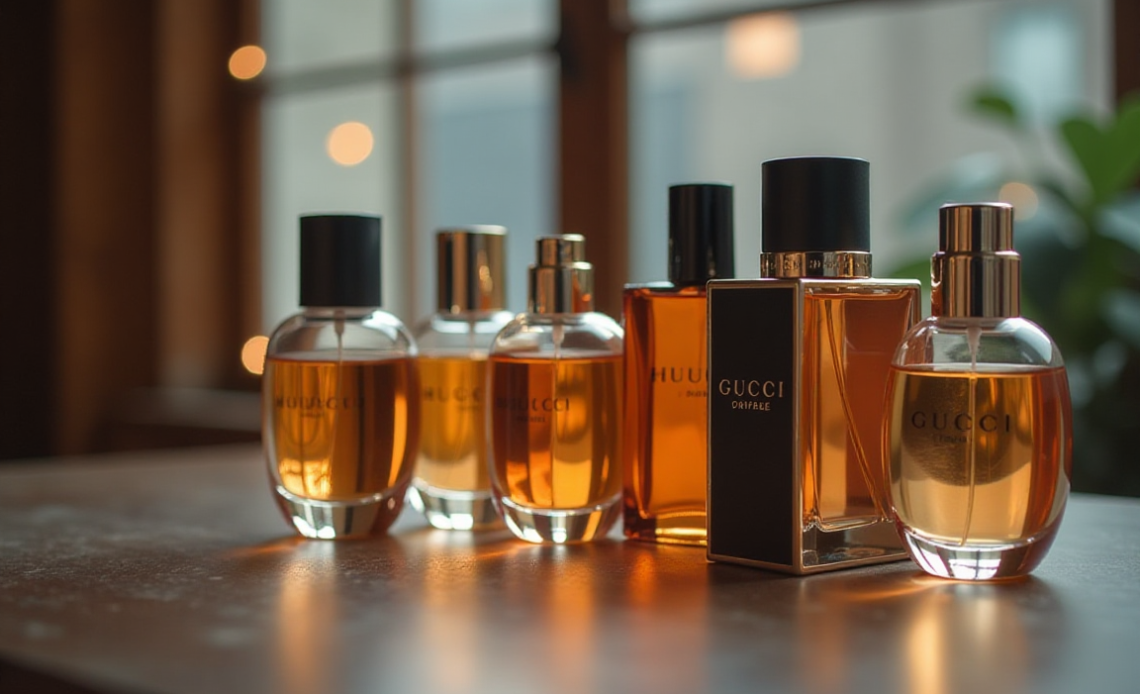Coty Inc. has begun a strategic review of its mass-market beauty business, which houses drugstore staples including CoverGirl, Sally Hansen, Max Factor, and Rimmel, and will consider selling or spinning them off, The Wall Street Journal reported on Tuesday.
The company is evaluating the long-term role of these brands within its portfolio, the publication reported.
As part of its restructuring, Coty plans to combine its prestige and consumer fragrance operations into a single business unit, WSJ said.
Coty has appointed Citi as its financial adviser to oversee the review.
The reported decision reflects a broader reassessment of strategy as Coty grapples with declining sales and investor pressure.
The announcement comes at a turbulent time for the cosmetics group.
Coty’s shares have fallen close to 40% since the beginning of the year, and in August the stock slid nearly 23% to a five-year low after the company issued a profit warning.
Management said it expected like-for-like sales in the first quarter to fall between 6% and 8%, a sharp reversal from the 4.5% growth recorded a year earlier.
Sales decline pressures legacy beauty brands
In its most recent quarterly results, Coty reported a 12% decline in its mass-market beauty division, underscoring the depth of its challenges in the category.
The company pointed to locked shelves in stores, shifting immigration policies, and the financial squeeze on lower-income consumers as headwinds that have dented demand.
At the same time, legacy brands such as CoverGirl are losing ground to new competitors.
Analysts say e.l.f. Beauty has emerged as the biggest beneficiary, with its share of the US mass color cosmetics market rising from 3.8% in 2020 to 9% in 2024.
Coty’s CoverGirl has held steady at around 10%, but Jefferies analyst Ashley Helgans warned that its position is likely to erode further as the company reduces spending on promotions and innovation.
Coty pivots toward fragrance and prestige portfolio
As part of its restructuring, Coty plans to combine its prestige and consumer fragrance operations into a single business unit.
Fragrance has become the company’s growth engine, now accounting for 69% of sales through brands such as Gucci, Calvin Klein, Hugo Boss, Vera Wang, and David Beckham.
The group is also pushing into lighter, lower-priced fragrance mists, a category that has resonated strongly with younger shoppers.
Industry data shows that fragrances have outperformed other beauty products in recent years, reflecting a shift in consumer preferences toward affordable indulgences.
In 2020, the company sold a majority stake in its professional beauty and hair-care lines, including Wella, Clairol, and OPI, to private-equity group KKR for $2.5 billion, using much of the proceeds to cut debt.
Investor unease weighs on Coty shares
Despite the pivot, investors remain cautious. In its most recent quarter, Coty posted an adjusted loss per share of five cents, missing analyst estimates of a small profit, though revenue came in above expectations.
Chief Financial Officer Laurent Mercier cited reduced usage, consumer trade-down to cheaper products, and innovation fatigue as key reasons for the weakness.
He also pointed to Trump-era immigration policy changes, which Coty says have contributed to softer demand in certain regions.
The strategic review signals that Coty is prepared to take further action to stabilize its business, even if it means parting ways with legacy names such as CoverGirl that once defined the U.S. mass-market beauty landscape.
The post Coty may sale or spin off CoverGirl, other mass brands amid slump: report appeared first on Invezz

